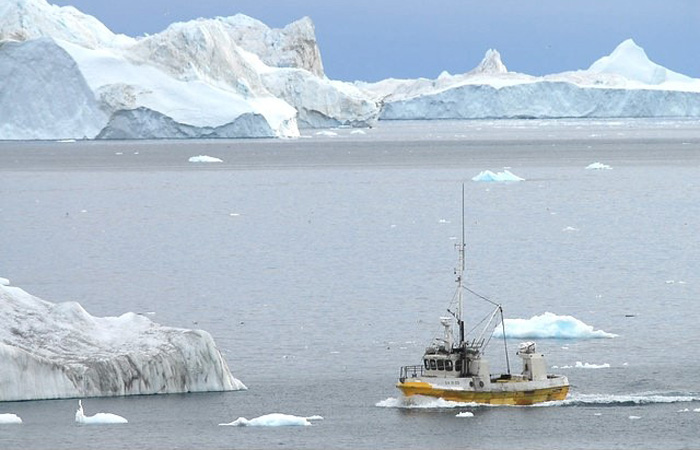This is not a test, but what do you think is the worst thing that has ever happened to planet earth? Perhaps the asteroid collision that ended the age of the dinosaurs. Perhaps the industrial revolution that has resulted in the present crisis we are in at the moment, namely climate change; maybe the invention of plastic or gunpowder; or maybe the flood at the time of Noah that was caused by a huge tsunami following a comet crashing into the sea, the aftermath of which enabled domestication of certain animals and thus the era of easy food production and eventually industrialization.
Driving along recently, it suddenly occurred to me that the worst thing that has ever happened, is the development of a large brain. Life had existed on the planet for billions of years in perfect harmony, but as soon as “intelligent” life came along everything started to go downhill. Buffalo in their millions never created a mess like the Alberta Tar Sands. Every speck of plastic that has ever been made (300 million tons per year) is still around in garbage dumps or massive floating islands in the oceans killing birds and fish alike.
What have we done to this beautiful planet? What disasters have we created and what disasters are yet to come? I often think about the old saying when visiting beautiful places – take only pictures and leave only footprints. In my mind, what “intelligent” humans have done, and continue to do, is graffiti on a grand scale.
There are very approximately 100 billion stars like our sun in the Milky Way, and there are approximately 10 billion galaxies in the universe, the Milky Way itself being just an average galaxy. If you do the math there are about 1 billion trillion stars like our sun in the universe – that’s 1 followed by 24 zeros. The NASA space agency has two satellites, Kepler and TESS, orbiting the Earth looking for planets orbiting around nearby Milky Way stars. Many planets have already been detected and it now seems likely that most stars, if not all, also have planets. With so many stars and even more planets it seems highly likely that there are many planets in the liquid water zone. Unless the spark that began life on this planet is totally unique throughout the whole universe, it is highly likely that there is (or was) life on other planets. With the latest space probes to Mars we are getting close to discovering if there ever was life there.
The question I ask myself is: if life does begin on any planet anywhere, is it inevitable that evolution will eventually create “intelligent” life that will sooner or later self-destruct? That is the situation we humans are in today. The world was in total harmony until about ten thousand years ago when agriculture and developments like producing metals began. The downhill slide accelerated dramatically with the industrial revolution to where we are today with climate change and global warming. Like lemmings, we are headed for an inevitable crash that in my view is only avoidable if we reduce the world population dramatically – maybe by 90% – and the politicians take serious action. Unfortunately neither is likely to happen.




